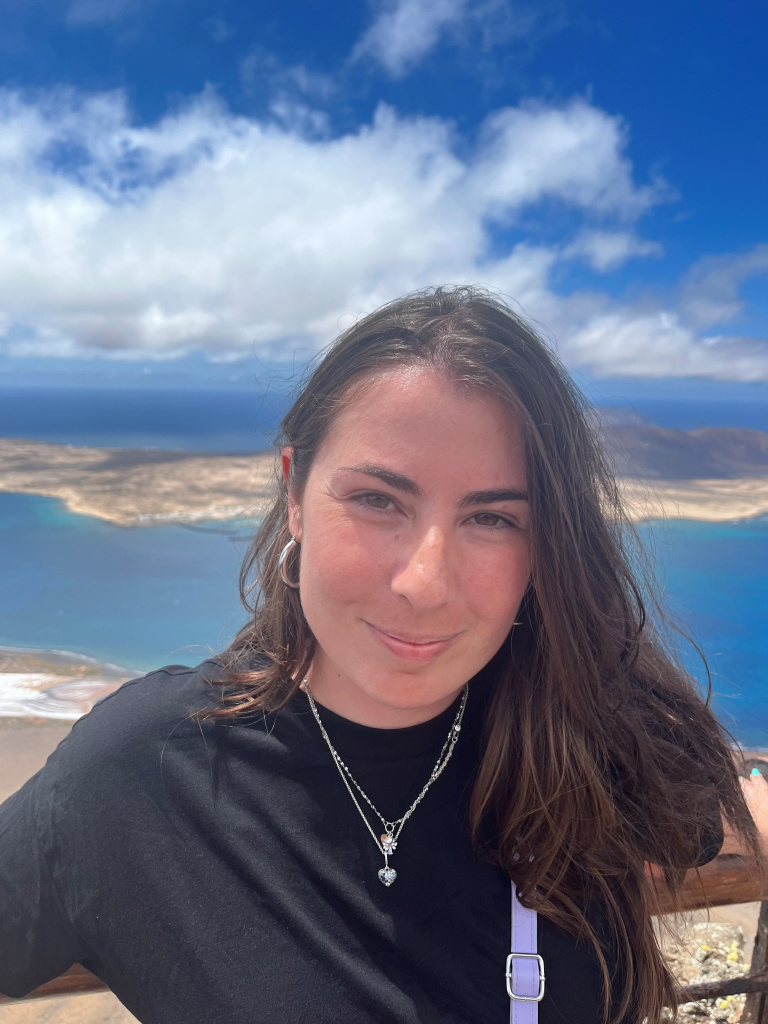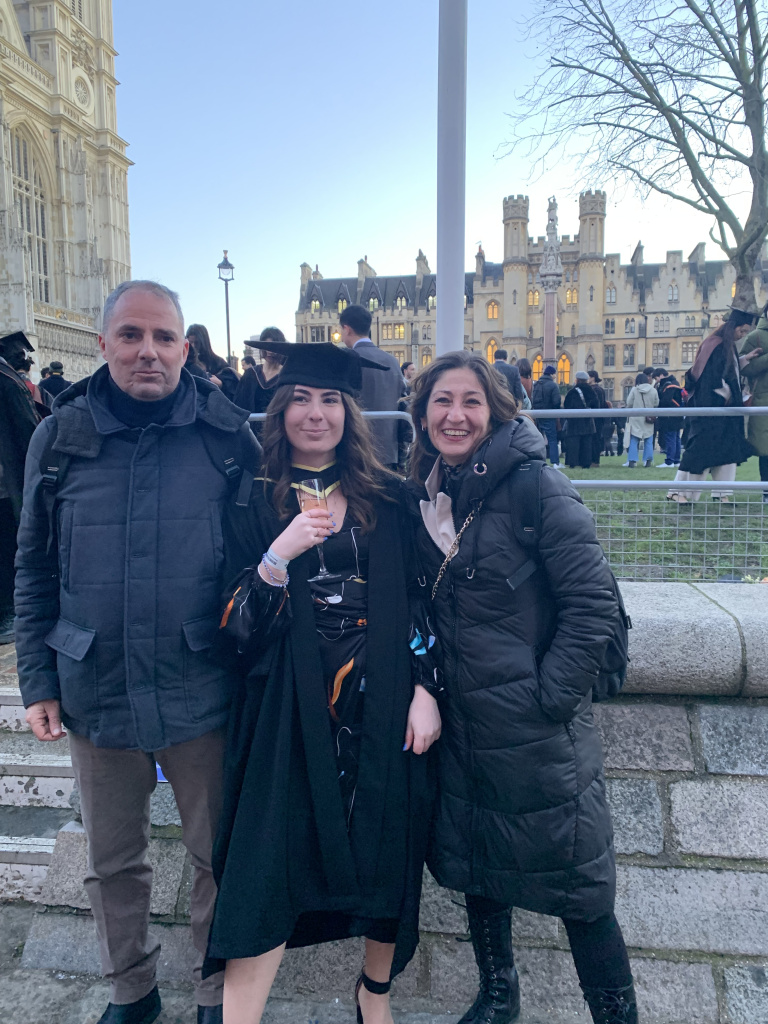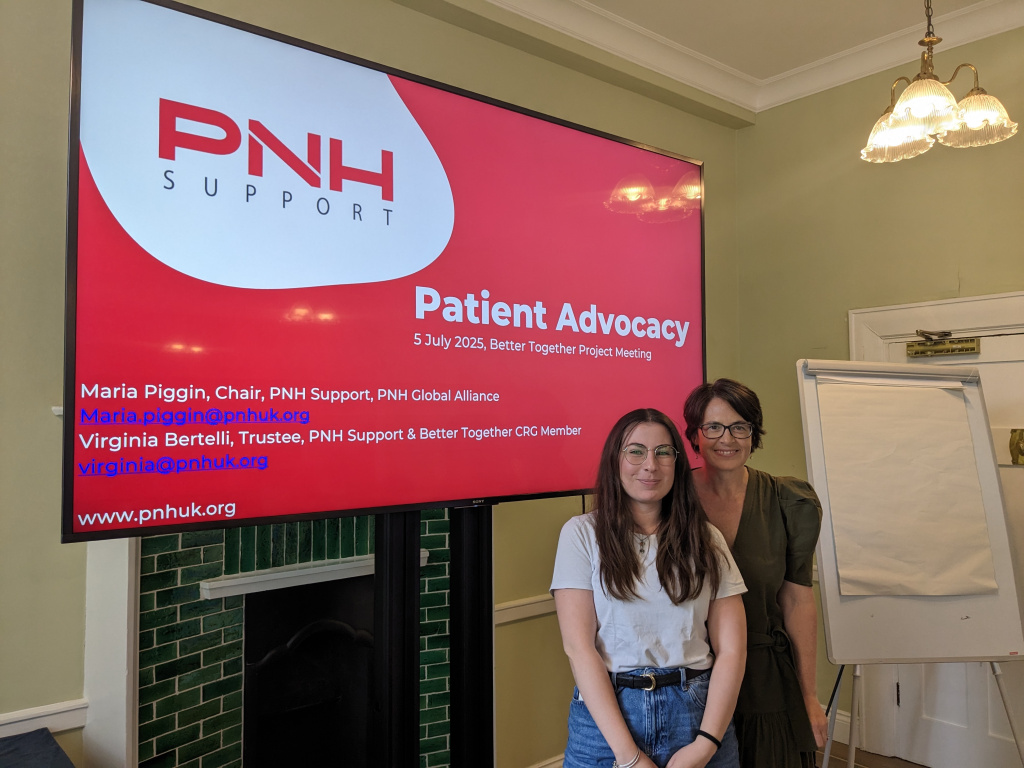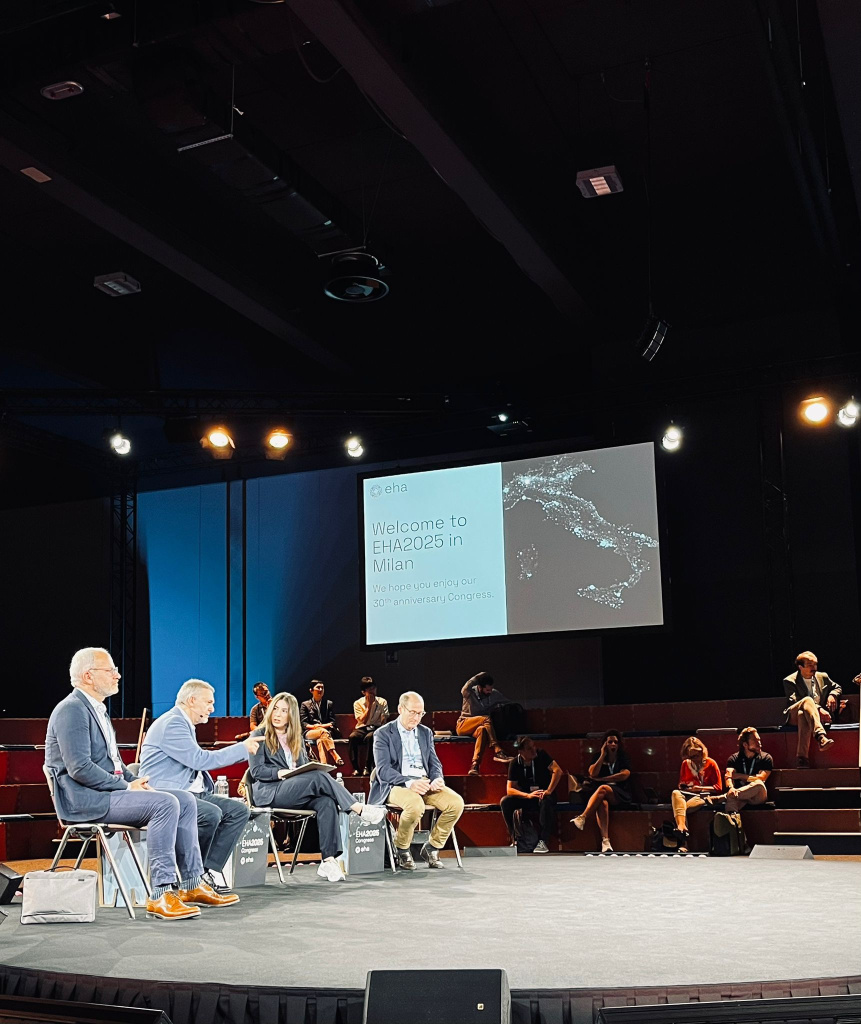30Under30 Honouree: Virginia Bertelli

Great to hear from 30 Under 30 Honouree, Virginia Bertelli, a Senior Insight Manager at the UK Health Security Agency (UKHSA), who manages a programme of work that provides important public perceptions and behavioural insights to help UKHSA to fulfil its role as a system leader for health security; taking action internationally and nationally to strengthen global health security against external health threats.

How did you get into the industry and reach this point?
Since I was a child, I’ve always been interested in public health and primary care, partly influenced by spending a lot of time in hospitals growing up. At the same time, I’ve been fascinated by how people think, behave and interact, individually and in groups.
Those two passions naturally came together in my career as a social researcher. I know that many people don’t set out to build a career in insight; they often discover it along the way, but for me, it felt like a natural path from the start. Understanding people and using evidence to improve health outcomes has always been at the heart of what motivates me.
In July 2023, I joined the Behavioural Science and Insights Unit as a Research Fellow, working on European Commission–funded projects and supporting the UK Overseas Territories programme. In April 2024, I transitioned to my current role as a Senior Insight Manager, a role that perfectly combines my interests in people, evidence and improving public health outcomes.

Why should someone consider a career in market research, data and insights?
I think someone should consider a career in market research, data and insights because it sits at the intersection of understanding people and driving meaningful change. For me, insight is the bridge between data and action. It’s not just about gathering numbers or reporting findings. It’s about uncovering the deeper meaning behind what people think, feel and do, and translating that into evidence that can inform better decisions.
Working in public health, I’ve seen how powerful that process can be. Insight has the ability to shape strategy, influence policy and design interventions that are grounded in real-world understanding. And, in our field, the scale of that impact can be extraordinary. Our insights have the potential to influence decisions that affect every single person in the UK.
What makes this field so rewarding is that it combines analytical thinking with empathy. You’re not just interpreting data, you’re giving a voice to people’s lived experiences and helping organisations act on them.
Ultimately, a career in research and insights offers the opportunity to make a tangible difference, whether that’s improving services, creating more effective communication or shaping products and policies that truly meet people’s needs.

Career paths are rarely without challenges. Can you share a moment from your career when things didn’t go to plan, but the lessons learned remain with you to this day?
I moved to London in September 2020, right in the middle of the COVID-19 pandemic, to start my MSc in Social Research. At the time, I was working as a waitress in a small Italian restaurant in Greenwich, trying to find my first opportunity as a social researcher. To make things even more challenging, I had just been diagnosed with a rare bone marrow failure condition two weeks before moving. I had no professional contacts in the UK, just a couple of good friends and a lot of determination.
So, when I was offered my first job as a junior researcher for a fully remote, Barcelona-based company, I accepted immediately. Like many graduates, I was eager to gain experience and prove myself. What I didn’t do, however, was pause to consider whether or not a fully remote role, with limited mentoring opportunities and a salary that reflected a different market, was the right long-term fit for me.
It was a tough experience, but one that taught me invaluable lessons. I learned the importance of thinking strategically about my career choices; not just saying “yes” to the first opportunity, but assessing how it aligns with my goals, values and development needs. I also learned the value of professional support and in-person collaboration, especially early on in one’s career.
That experience ultimately made me more intentional about the roles I pursue and more confident in evaluating what I need to thrive; lessons that have guided every decision I’ve made since.

What two things should junior researchers focus on as they progress in their careers?
First, being proactive about learning, especially through feedback. It’s easy to worry about asking “stupid” questions or making mistakes, but that’s how you grow. No one expects you to know everything and even senior people are still learning. The most successful researchers I’ve seen are the ones who actively seek feedback, reflect on it and use it to keep improving their craft.
The second is developing strong stakeholder management skills. You can do brilliant, methodologically sound research, but if you’re not bringing people along on the journey, helping them understand and engage with your insights, it’s hard to create real impact. Making time to build collaborative relationships with internal and external stakeholders is what turns good research into meaningful change.

Do you have any advice for our sector?
If I could offer one piece of advice to the sector, it would be to move from intention to implementation when it comes to inclusive research. There’s a growing awareness of the importance of inclusion, which is great progress, but we still often treat it as an add-on rather than a core principle.

We talk about inclusion a lot, but it doesn’t always translate into action, whether that’s in how we design studies, recruit participants, interpret findings or communicate results. There’s a real opportunity for us as an industry to embed inclusion as a default, not a consideration. That means designing research from the outset to reflect the diversity of the populations we serve, not just in who we speak to, but in how we engage with them and represent their experiences.
By shifting the mindset so that inclusive practices are non-negotiable, we don’t just improve the quality and relevance of our insights, but also build greater trust and equity and, ultimately, better outcomes. True insight should represent everyone, not just those whose voices are easiest to reach.

Is there anyone who has helped or supported you in your career who you’d like to acknowledge or thank?
I’d like to thank Lee Chan, Insight Lead in our team, who has been a real cheerleader and has guided and pushed me to get out of my comfort zone so much in the last year.
I can’t help but thank Rosa Lau, the first line manager I’ve had since joining the Insight team at UKHSA, who helped me really understand what my strengths are, but most of all, what my weaknesses are.
I would also like to thank Lewis Wooding, our Head of Insight, and Clare Deahl, my line manager, who have both allowed me to learn on the job by managing this programme of work and consistently supported me during our weekly catch-up sessions.
And finally, thanks to Libby Eastwood and all my colleagues in the UKHSA Behavioural Science and Insights Unit for being not only the best team you could ask for, but also for genuinely being the kind, fun, amazing people they are.